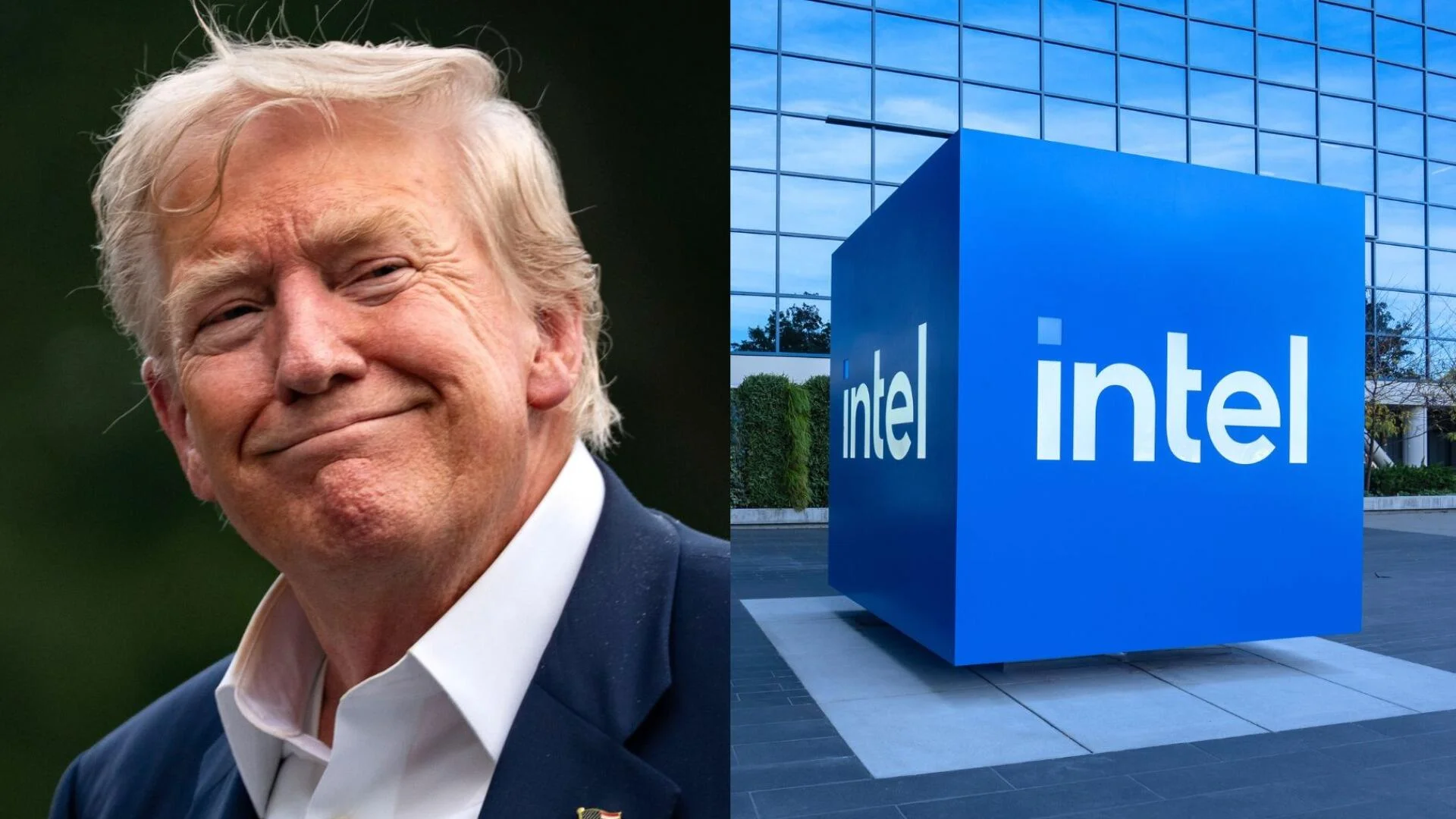Telecom
Zoho Launches Ulaa Enterprise, a Secure and User-Friendly Browser for Modern Workplaces

Zoho Corporation, a global technology company, today announces Ulaa Enterprise, an enterprise-ready version of the company’s privacy-focused browser tailored specifically to the security and visibility needs of enterprise organisations. With Ulaa Enterprise, companies can prevent threats at the browser level while striking a balance between potent security, ease-of-use, and extensive control features, all without the complexity of third-party tools or virtual environments.

Security for the Modern Workplace
Modern browsers have become central to enterprise operations, with employees conducting critical tasks through browser windows—whether accessing SaaS applications, managing transactions, or handling sensitive corporate data. Ulaa Enterprise is built with a security-first approach, removing the need for external tools or virtual desktops and reducing complexity for IT teams.
“The browser is now the primary workspace and also the most exposed attack surface in organisations. Yet, many solutions fail to combine robust security with simple usability,” said Kehinde Ogundare, Country Head, Zoho Nigeria. “Ulaa Enterprise is our response to this challenge—empowering African businesses with a secure, easy-to-deploy, and policy-driven browser experience that protects both data and productivity.”
Enterprise-Grade Features
Ulaa Enterprise includes centralised policy management, enabling administrators to define access rules, limit downloads, manage extensions, and control user behaviour across individuals and teams. This ensures consistency and compliance across the organisation without the need for patchwork third-party tools.
The browser also enforces data loss prevention (DLP) mechanisms at its core. This includes blocking unauthorised uploads, screen captures, downloads, and copy-paste actions involving sensitive information, helping prevent data breaches before they occur.
IT departments benefit from complete visibility into browser activity. Through detailed audit logs and real-time monitoring, teams can identify risks and enforce granular security policies without being reactive. This improves control while maintaining operational fluidity.
AI-Powered Support from Zia
Zia, Zoho’s AI-powered assistant, is integrated within Ulaa Enterprise to enhance browsing safety and productivity. Zia’s ZeroPhish feature proactively identifies and blocks phishing attempts by analysing URLs and webpage behaviour before a user interacts with the threat.
Additionally, Zia categorises websites intelligently, blocking unsafe or inappropriate content to ensure secure browsing experiences. It also streamlines productivity by organising tabs based on user behaviour, helping employees focus on what matters most.
Built for IT and End Users
Ulaa Enterprise is easy to deploy and manage, avoiding the need for resource-heavy virtualisation or complicated infrastructure. It is designed for minimal IT overhead, with policies that can be rolled out instantly and seamlessly.
The browser’s ethical monitoring capabilities allow organisations to ensure security without compromising employee trust. Monitoring is targeted and transparent, aligning with workplace fairness standards.
Built on Chromium, Ulaa Enterprise offers a familiar interface while embedding robust, built-in security features. It supports all major operating systems and platforms, including Android and iOS, ensuring consistency across devices and teams.
Since its launch in 2023, Ulaa browser’s downloads and monthly active user base have increased by 2.5 times.
Pricing and Availability
Ulaa Enterprise is currently available starting at NGN1,602 for each device per month, or NGN16,015 for each device per year. For more information on pricing, please visit: http://ulaa.com/enterprise/pricing. To request a demo, please visit: http://ulaa.com/enterprise/request-demo.
Zoho’s Commitment to Ethical AI and Privacy
Zoho builds its AI tools with a focus on value, privacy, and practicality. Its AI models are never trained on customer data, and the company does not retain any customer information. Zoho’s AI features are contextually relevant and cost-efficient, designed to assist without adding financial or operational burdens for users.
Importantly, Zoho has no advertising-based revenue model, even in its free products. The company owns and operates all its data centres, ensuring full control over data privacy and security. Globally, more than 100 million users rely on Zoho’s suite of applications every day—including Zoho itself.
Telecom
Digital Realty Commits to Africa’s Digital Transformation @ Launch of LKK2 Data Center

Engr. Ike Nnamani, chief executive officer, Digital Realty Nigeria has described the launch of LKK2 Data Centre as demonstration of his company’s commitment to Africa’s digital transformation, delivering infrastructure and connectivity that fuel innovation and economic growth as data volumes soar and digital initiatives accelerate.

He stated this at the launch of LKK2 Data Centre in Lagos over the weekend, noting that the infrastructure will give enterprises and content providers the capacity to grow scale and connect anytime anywhere, bringing Sub Sea cable systems closer to businesses and integrating seamlessly with global cloud and network ecosystems.
“Digital Realty powers West Africa to embrace a new era of connectivity, reducing latency, improving performance and unlocking opportunities for millions of users locally and around the world, designed and built to Tier 3 plus standards.
“The LKK2 data center delivers world class performance and reliability. It features a 2-megawatt load with 1260 square meters of IT space. Digital Realty not only enabled global connectivity, but also sparked local transformation. Over the past two years, new jobs have been created. Residential estates have emerged, and the community has attracted fresh investments.
“Today, a 50-megawatt independent power plant by Mecca energy is under construction, and beach resorts and businesses are springing up, driving economic growth and new opportunities for local citizens.
“This transformation is proof that Digital Realty work goes beyond data centers by investing in infrastructure that empowers both people and businesses, the company is shaping not just Nigeria’s digital future, but also the social and economic fabric of its communities and as Africa takes bold steps into the next decade of digital growth, Digital Realty remains committed to being the foundation where companies, technologies and data come together to drive progress. Digital Realty is the meeting place for companies, technologies and data,” he said.
This new facility integrates with ServiceFabric®, Digital Realty’s global interconnection and orchestration platform, ensuring low-latency, high-throughput connectivity to local, regional, and international destinations. Through ServiceFabric®, LKK2 will interconnect with LOS1, the region’s top internet peering point, and LOS2, Digital Realty’s highly connected data centers located on Victoria Island in Lagos.
Together, this ecosystem delivers robust resilience, redundancy, speed, and scale for enterprise and hyperscale customers seeking to expand into a fast-growing digital market, ensuring continuous, reliable operations.
Telecom
NITDA Alerts Nigerians to eSIM Security Flaw Deployed to Hijack Devices Worldwide

National Information Technology Development Agency (NITDA) has issued a public alert over newly discovered critical security vulnerability in embedded SIM (eSIM) cards, now being deployed by attackers to potentially hijack phone numbers or subscriber data, intercept communications, and deploy malicious applets.

The vulnerability affects more than 2 billion devices globally and poses significant risks to communications security.
In a statement at the weekend, the Agency warned that the flaw could expose billions of smartphones, tablets, wearables, and Internet of Things (IoT) devices worldwide to large-scale cyberattacks.
According to the agency, the flaw originates from the use of the GSMA TS 48 Generic Test Profile (versions 6.0 and earlier), widely used in radio compliance testing of eUICC (Embedded Universal Integrated Circuit Card) chips.
NITDA noted that if the vulnerability is exploited, attackers could gain physical or even remote access to targeted devices, enabling them to install malicious applets, extract sensitive cryptographic keys, and even clone eSIM profiles.
It added that this could lead to widespread interception of communications, persistent device control, and the deployment of stealth backdoors at the SIM card level.
eSIM or embedded SIM is a digital SIM that enables customers to access the same functionality as someone using a physical SIM.
It is seen as the next step in the evolution of Subscriber Identity Modules (SIM cards) as it is designed to deliver unprecedented freedom and flexibility.
Unlike the physical SIM, users do not need to insert an eSIM into their phone as it is already built into the smartphone, device or wearable.
To mitigate the risks, device manufacturers and service providers have been urged to immediately apply Kigen OS patches via over-the-air (OTA) updates to restore the integrity of affected eUICCs.
In addition, the agency advised stakeholders to adopt the latest GSMA TS.48 version 7.0 standard and remove all legacy test profiles that may expose devices to malicious applet installations.
NITDA emphasised that swift action is critical to blocking exploitation paths, enforcing updated security controls, and safeguarding users from what could become one of the most far-reaching cybersecurity threats in recent years.
The eSIM journey in Nigeria started in 2020 with the Nigerian Communications Commission (NCC) approving MTN and 9mobile to commence a trial of the technology.
The trial was to run for one year and it involved testing 5,000 e-SIMs by the two networks, subject to compliance with some regulatory conditions.
The two operators later became the first to launch eSIM in Nigeria, allowing their customers with compatible phones to do away with physical SIMs.
In January 2023, Airtel joined MTN and 9mobile by launching its eSIM service.
However, there is currently no publicly available figure on the number of Nigerians currently using eSIM.
Telecom
Intel–U.S. Partnership Reshapes Semiconductor Landscape with Historic Equity Agreement

Chipmaker, Intel has agreed to give the US government a 10 percent stake in its business, according to a joint announcement by the company and President Donald Trump.

The deal follows Trump’s push for Intel to provide Washington with equity in exchange for major grants initially approved during Joe Biden’s presidency.
Under the agreement, the US government will receive 433.3 million shares of common stock, representing a 9.9 percent stake, valued at approximately $8.9 billion. The investment is partly funded by $5.7 billion in unpaid grants from the CHIPS and Science Act, alongside $3.2 billion from Intel’s Secure Enclave program.
Intel said this amount is in addition to $2.2 billion in CHIPS grants it has already received, bringing the total to $11.1 billion.
“The United States of America now fully owns and controls 10% of Intel,” Trump posted on Truth Social, claiming the country “paid nothing for these shares” following negotiations with Intel CEO Lip-Bu Tan.
In a statement, Intel clarified that the government’s investment will be a passive ownership with no board representation or governance rights.
Commerce Secretary Howard Lutnick described the agreement as a “historic step” that strengthens US leadership in semiconductors.
However, some analysts warned of potential risks. Independent tech analyst Rob Enderle called it “a slippery slope” toward nationalizing private businesses, while Scott Lincicome of the Cato Institute argued it could harm Intel’s long-term viability by injecting political influence into corporate decisions.
Intel CEO Tan maintained that the company remains committed to ensuring “the world’s most advanced technologies are American made,” noting plans to invest over $100 billion to expand its US operations.

 E-Business3 days ago
E-Business3 days agoTimely, Effective Threat Intelligence is a Priority for IT Professionals

 Telecom3 days ago
Telecom3 days agoT2mobile Unwraps Nigeria’s First eKYC SIM-Registration Web App

 General News3 days ago
General News3 days agoAfDB, AfCFTA Unite to Unlock $3.4 Trillion Continental Market Through Strategic Infrastructure Development

 E-Business3 days ago
E-Business3 days agoNIMC Upgrades Digital ID Issuance Platform for Nigerians Abroad
- Telecom3 days ago
MTN Nigeria to Restore Services to 15 LGAs, 3 States

 Telecom3 days ago
Telecom3 days agoKONGA103.7FM Spotlights SMEs With Unmatched Media Reach

 Broadcasting3 days ago
Broadcasting3 days agoLASAA reaffirms commitment to fairness, safety and industry growth

 E-Financial23 hours ago
E-Financial23 hours agoFBNQuest Merchant Bank Facilitates Landmark ₦5Bn Commercial Paper Programme for Accion Microfinance Bank























